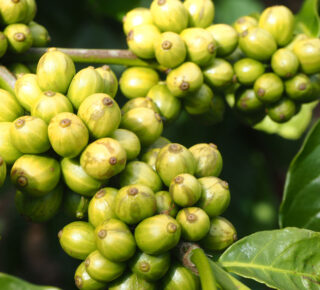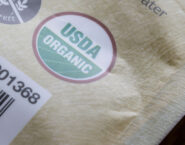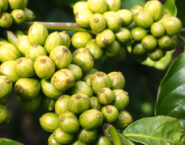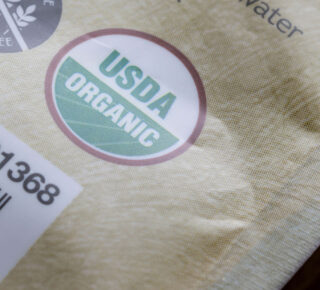
Coffee comes from a tree—so it’s only natural that there are organic options available for this beloved beverage. In fact, research shows that 44% of coffee drinkers are more likely or much more likely to buy coffee that is certified as organic.
If you’re interested in buying organic coffee in the U.S., here’s what you need to know.
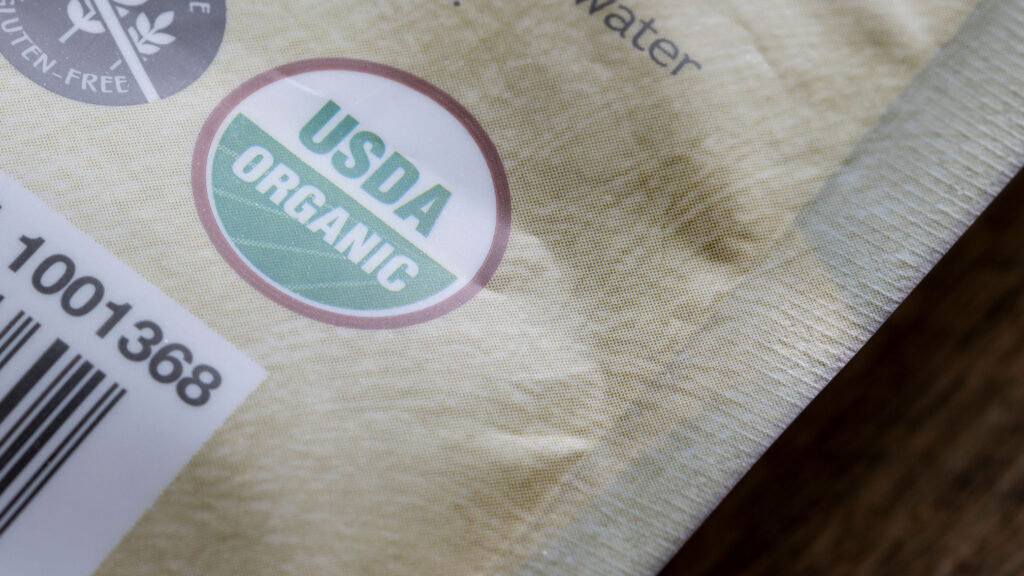
Organic coffee certification
The U.S. Department of Agriculture’s (USDA) Agricultural Marketing Service manages the organic certification for products sold in the United States, including coffee, through the National Organic Program (NOP). When you see the USDA Organic Seal on a coffee label, it confirms that the product has followed a rigorous organic supply chain management process and quality controls from crop to cup.
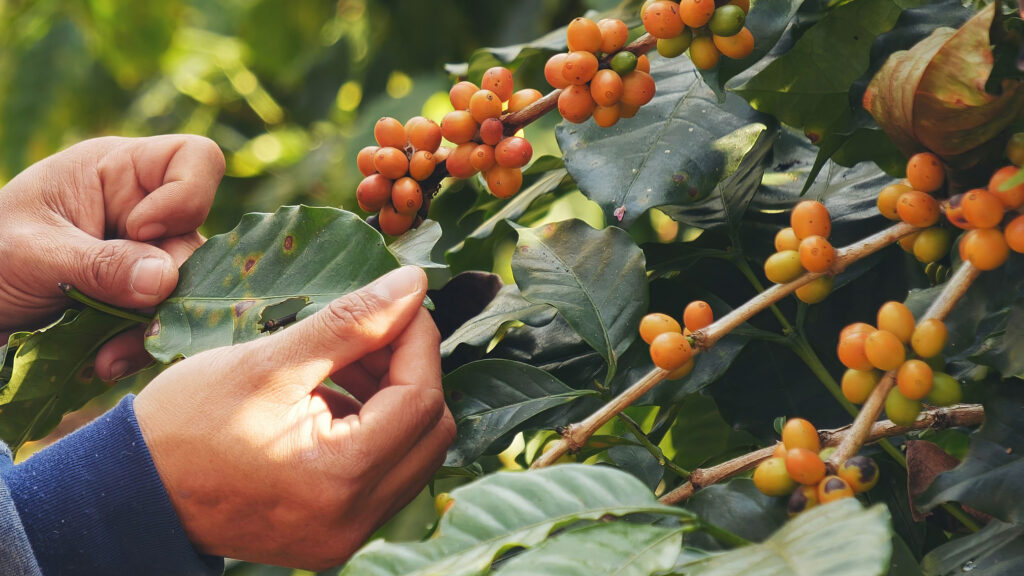
Standards for organic coffee
USDA’s National Organic Program (NOP) develops and enforces consistent national standards for organically produced agricultural products sold in the United States. The standards address a wide range of factors, including:
- Soil health and nutrients
- Management of pests and weeds
- The types of plants grown (for example, no genetically modified organism, or GMO, crops are used in production)
- Positive environmental impacts such as carbon sequestration and improved biodiversity
The USDA standards also require strict manufacturing and supply chain controls for organic roasting, manufacturing, and auditing practices. Companies following the NOP also work closely with certifying agencies that uphold the organic standards. It should be noted that as of 2024, there are no GMO coffees (certified organic or other).
Did you know there are many different types of certifications for coffee? Learn more about the other standards, organizations and certifications you might see on your coffee label.

